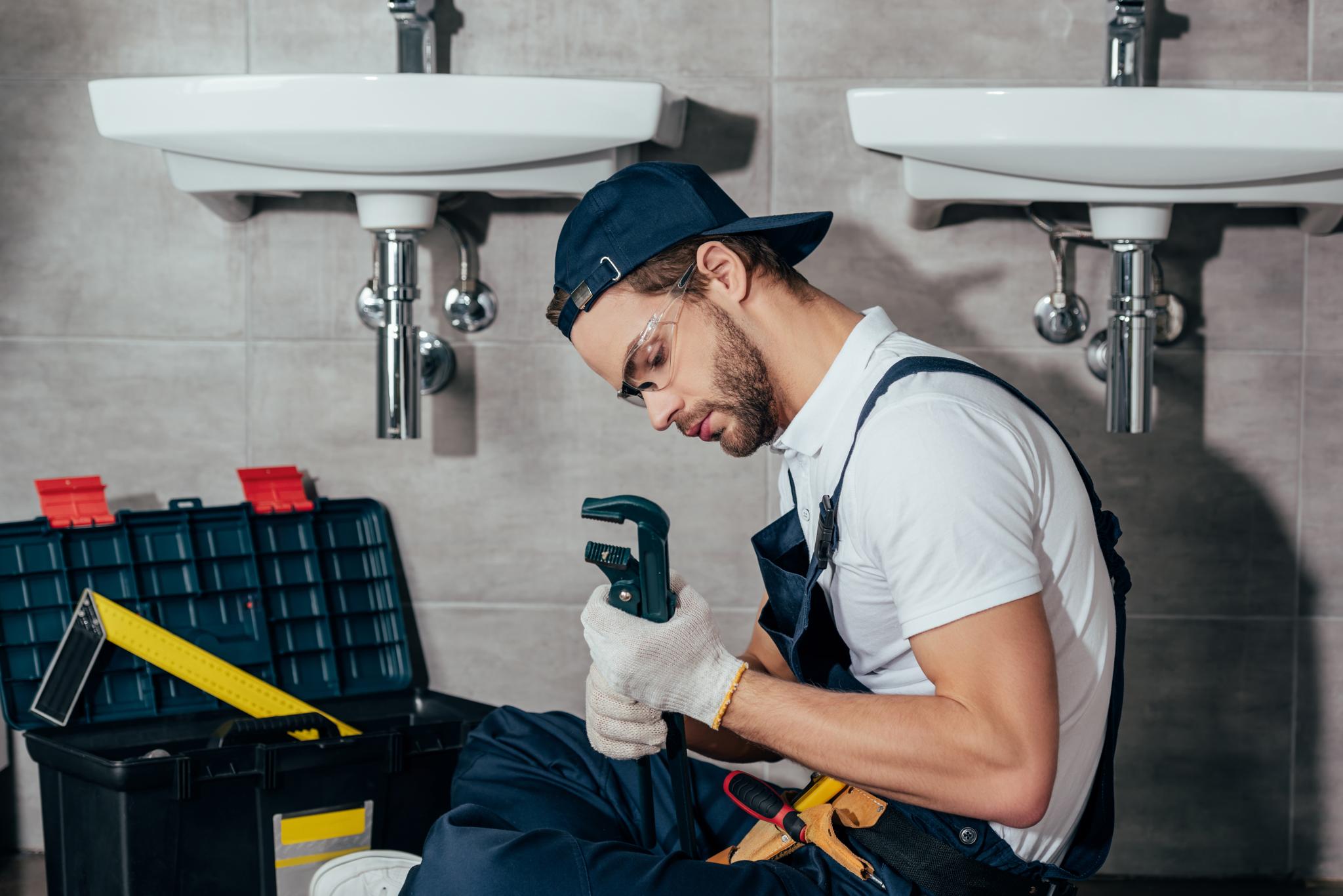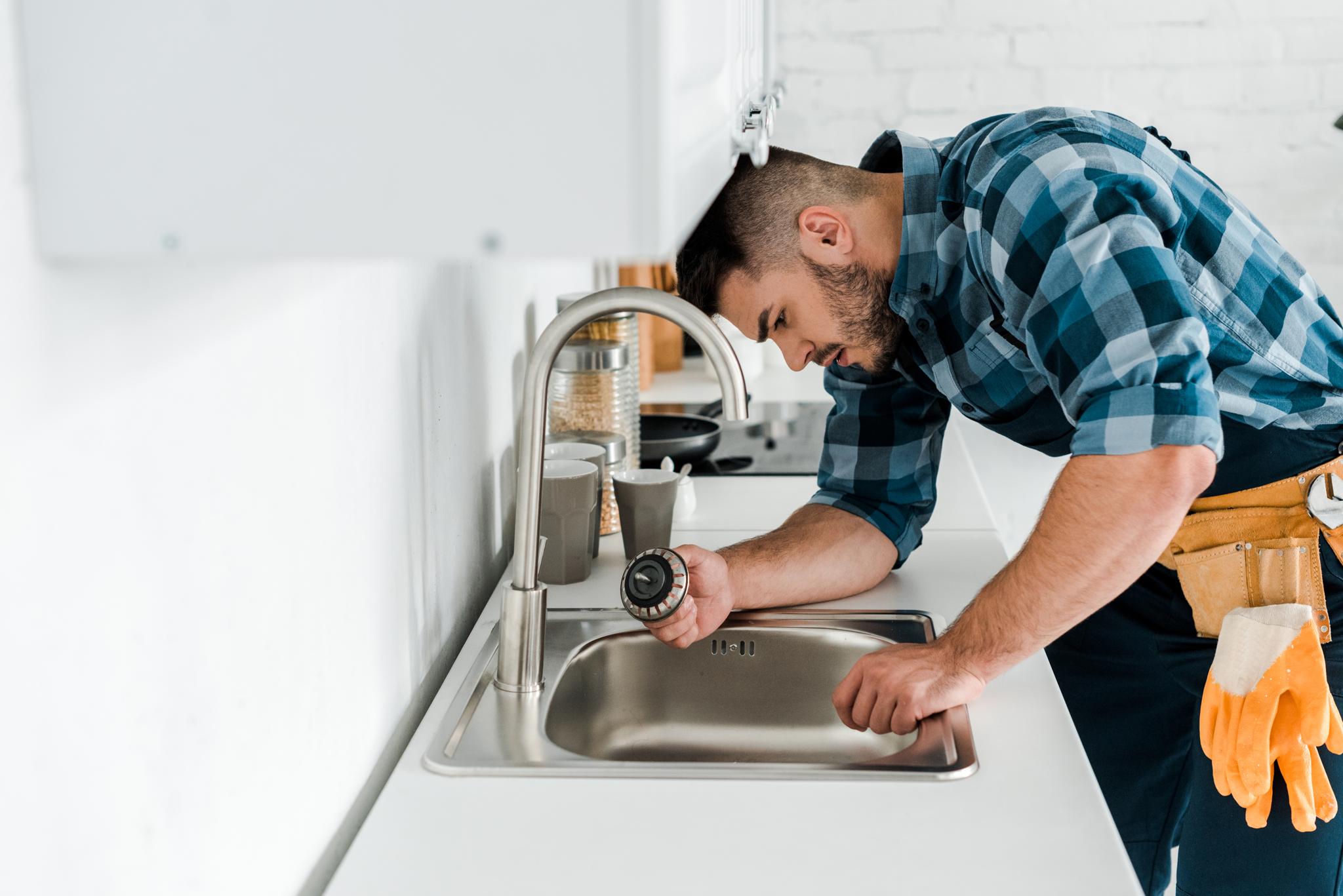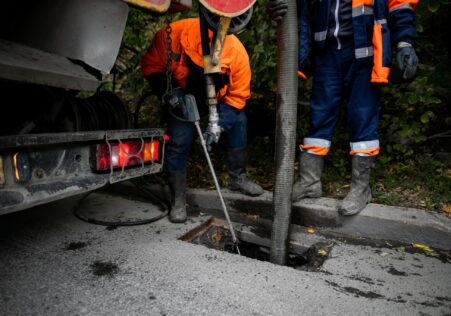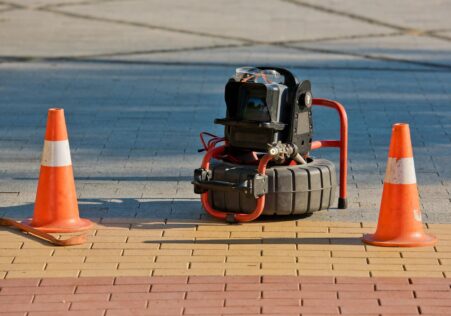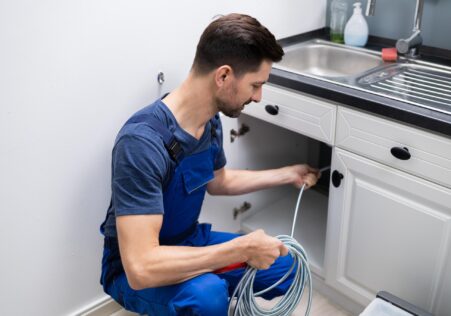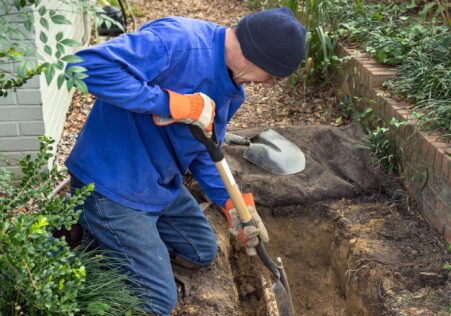How to Prepare for a CCTV Drain Inspection
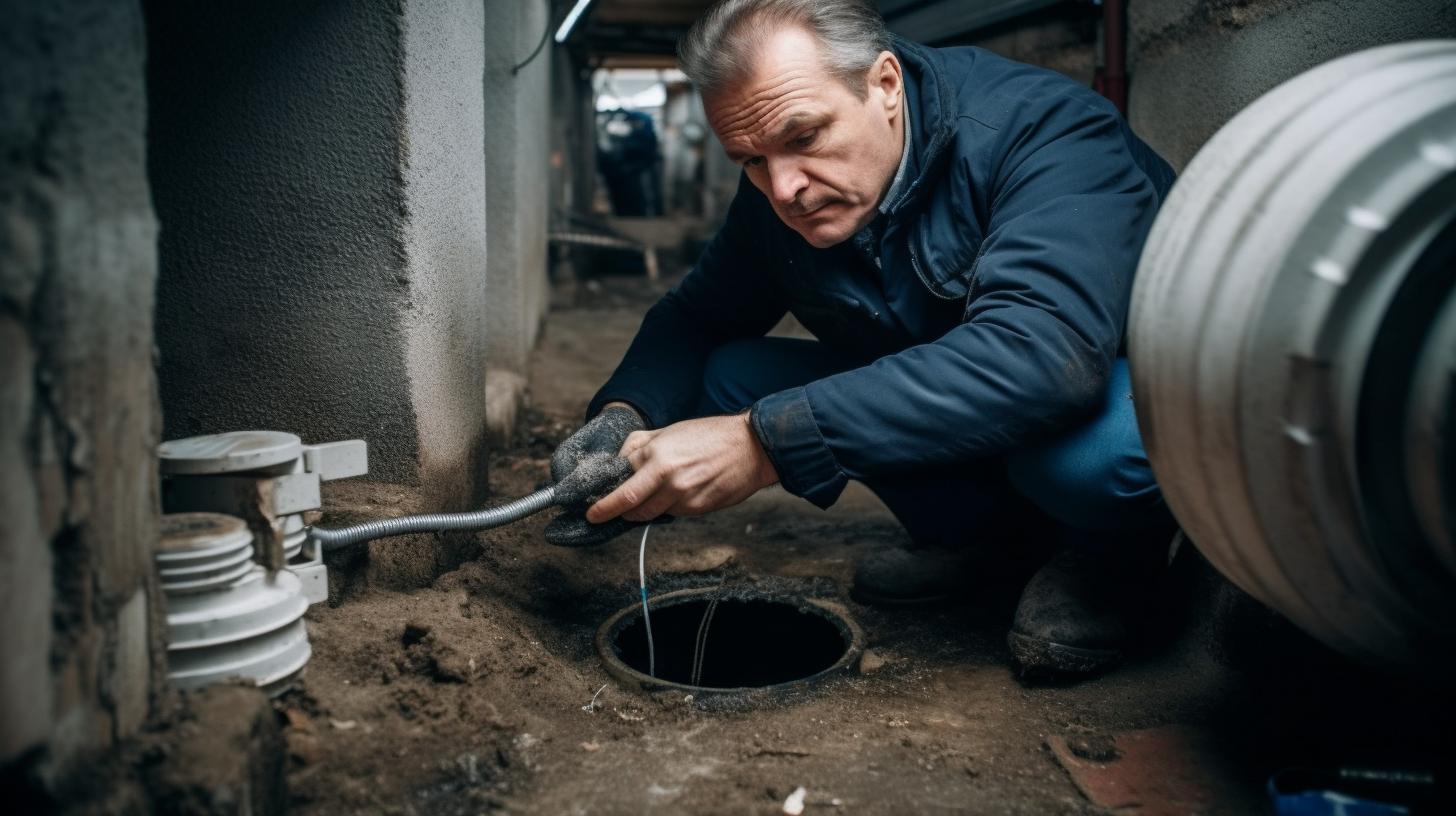
Are you experiencing that your drains are slow to empty, have you noticed unpleasant smells or sounds of gurgling in your drains? This could be the sign of a blocked drain! To determine the cause and to find the most effective solution for the problem, an CCTV drain inspection is highly suggested. What exactly is CCTV drain inspection, and how can prepare yourself for it? The following article is going to inform you on the preparations you need to make before going through surveillance of your drain by CCTV.
Key Takeaways
- The process of a CCTV inspection involves placing a small camera inside your pipes and sewer lines to find various types of blockages like tree root damage, cracks corrosion, or grease build-up.
- The Company is experienced with state-of-the-art equipment and techniques to offer top-quality service in CCTV drain inspections.
- Access points cleared, giving details on your system for sewage, notifying plumbers of any work that was done to your drainage system, making sure all drains are accessible as well as closing off any appliances that are connected to your drainage system are vital steps to be taken prior to preparing for a CCTV Drain inspection.
- Preparing adequately helps ensure easy detection of any issues and helps save costs associated with excavation or repairs as well as preventative measures that can be recommended by experts in charge of the excavation.
What exactly is CCTV Drain Inspection?
CCTV stands for Closed Circuit Television. An inspection of the drain by CCTV involves the installation of a camera within the sewer line and pipes to detect various kinds of blockages, such as tree root damage, cracks, corrosion and grease accumulation in the system. With this cutting-edge technology, plumbers can quickly and effectively identify any issues that require attention.
Why Choose Melbourne Blocked Drains Plumbers for Your CCTV Drain Inspection?
In preparation to conduct your CCTV drain inspection, you need to choose the correct plumbing company. At Melbourne Blocked Drains Plumbers , our highly knowledgeable professionals make use of the most modern equipment and techniques to deliver top-quality service.
We pride ourselves on providing quality work that ensures long-lasting solutions to our client’s drainage issues. Our staff will guide you through each stage of the process, explaining every aspect of the inspection to keep you updated every step of the procedure.
Making Your Home Ready
To prepare for the drainage camera survey many things should be accomplished at home in advance such as:
Clearing Access Points
Our plumbers require access points to your home. Make sure there aren’t any obstacles hindering access points or overgrown weeds that can hinder the ease of access during repairs.
Give Information about Your Sewage System
Inform our experts of the locations of all manholes sewer points, as well as key information pertaining to your sewage system to allow them to navigate with ease around your property without disrupting normal life.
Record Any Previous Plumbing Works done
If you have had previous plumbing projects completed on the drainage systems of your home, it’s recommended to record them and alert our expert plumbers working in your home. This will allow our team to review any previous work that’s been completed prior to inspecting your pipes.
Make Sure All Drains Are Accessible
Make sure that all drainage systems in your property are accessible and are not blocked by clutter, debris or garbage. Camera inspections require full access to the drainage system without obstructions.
Turn Off Appliances Connected to Your Drain System
Before carrying the inspection out, it is crucial to turn off any appliances associated with your drain system. For example, dishwashers, washing machine or flushing toilets are not to be used for a long period before the scheduled inspection time.
Benefits of preparing for CCTV Drain Inspection by Melbourne Blocked Drains Plumbers
By preparing adequately, you can help you ensure a smooth CCTV drain inspection. This can provide the following benefits:
- Simple Detection of Issues: It is easy for professionals to spot all problems that are affecting your drain system, and suggest suitable repair options without a lot of hassle.
- Save Money: By having all access points cleared, and having the necessary documentation regarding previous work available ensures that plumbing experts do not need to redo drains, which can save you money in costs related to repairs or excavation.
- Maintenance that is done properly and proactive steps taken from Melbourne Blocked Drains Plumbers experts overseeing this research can help to prevent some issues from occurring entirely in future and save both you time and money in the long down the.
| Steps to Prepare for CCTV Drain Inspection with Melbourne Blocked Drains Plumbers |
|---|
| * Clearing Access Points |
| * Provide Information About Your Sewage System |
| * Record Any Previous Plumbing Works Done |
| * Ensure All Drains Are Accessible |
| * Turn Off Appliances Connected to Your Drain System |
FAQ
What exactly is a CCTV drain inspection?
An inspection of your drains using CCTV is performed using small cameras connected to a cable in your pipes. The camera takes footage of the insides of your pipes, and then sends it to the plumber at the moment to be analysed.
Why am I required to have the CCTV check of my drain?
The CCTV drain inspection can provide valuable insights into the condition of the drains. It can identify blockages, cracks as well as leaks or tree root intrusion and other damages that could be affecting the performance in your drains.
What should I do to prepare for the CCTV check of my drain?
To prepare for a CCTV check of your drains, clear all obstructions from the area around your entry point to the drains. Check that your plumbers have access to electrical power sources and a clear space for their equipment. We encourage you to inform us of any problems or concerns you may have with the drainage systems you have.
What will my landscape look like? from the drain inspection of CCTV?
The majority of the time. The location we choose will depend on where we want to put our equipment we might have be able to do minor modifications or create small holes in your yard or garden. However, these holes will be repaired prior to our take off.
How long will a CCTV drain inspection last?
This depends on the complexity as well as the size the drainage systems you have. A typical residential property takes about 1-2 hours, however larger commercial structures could require more time. Our plumber will provide you with an estimated timeframe before starting the inspection, so that you can determine the best time to plan your visit.
Conclusion
An CCTV drain inspection can appear to be a daunting task at first but if you’ve done the proper planning, it’s nothing more than routine problems-solving utilizing advanced technology. After deciding Melbourne Blocked Drains Plumbers for your CCTV drain inspection needs and following these steps prior to the inspection; clearing access points, providing the details of your sewer system Notifying Plumbers of Previous work done on your drainage System & Ensuring All Drains are Accessible is the first step toward ensuring regular maintenance of your home’s drainage system that lasts for a long time to be.
Additional Information
- DIY Drain Cleaning: How to Safely Tackle Clogged Drains
- Future-Proofing Your Plumbing System with CCTV Drain Inspection
- Common Causes of Drain Blockages and How to Avoid Them
- Easy and Safe Ways to Get Rid of a Stubborn Shower Drain Blockage
- The Pros and Cons of Clearing Blocked Drains Yourself or Hiring a Professional
- The Do's and Don'ts of Keeping Your Drains Free from Blockages
- The Importance of Due Diligence When Selecting a CCTV Drain Inspection Company
- Why Your Business Needs Periodic Drain Inspection and Cleaning
- The Importance of CCTV Drain Inspection in Commercial Properties
- Top Ways to Avoid Drain Cleaning Emergencies


